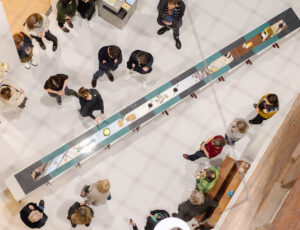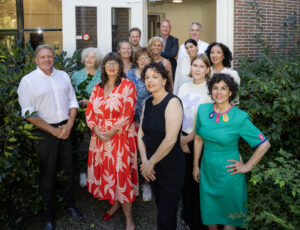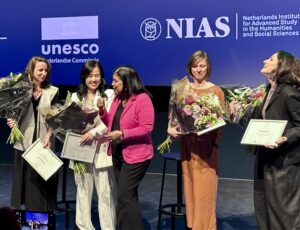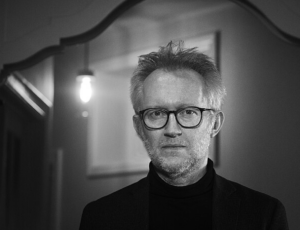On Thursday 11 April, urban historian Rosemary Wakeman, will discuss her book-in-progress on the New Town Movement, and what it can tell us about our understanding of the urban world.
About the Seminar
In this “working seminar”, Rosemary Wakeman will discuss the progress of her book project “Practicing Utopia: An Intellectual History of the New Town Movement”. In this interdisciplinary analysis of the New Town movement, Wakeman explores its intellectual and ideological foundations, what it suggests about the politics of modernization and urban planning in the second half of the 20th century, and how the phenomena of New Towns has helped shape our understanding of the urban world.
In an informal working session, she would like to get reactions from colleagues on particular areas of analysis, and recommendations on the book’s progress.
About the Speaker
Rosemary Wakeman, EURIAS Fellow 2012/13, is the author of The Heroic City: Paris 1945-1958 (University of Chicago Press, 2009) and Modernizing the Provincial City: Toulouse 1945-1975 (Harvard University Press, 1998). She is also editor of Themes in Modern European History, 1945 to the Present (Routledge, 2003). Wakeman’s current book project, to be written during her stay at NIAS, is Practicing Utopia: An Intellectual History of the New Town Movement. Professor Wakeman is also Director of the Urban Studies Program at Fordham University. She is currently carrying out an Urban Studies project on public space and planning in the Melrose neighborhood in the Bronx. She teaches courses on the European City, Maritime Cities, World’s Fairs, the Social History of Architecture.
About NIAS Seminars
NIAS Seminars are organised by the Rector of the Institute. They are meant to appeal to interested parties from a wide range of backgrounds and are aimed to encourage closer contact within the Dutch academic world.
NIAS Seminars take place in the Lecture Room (NIAS, Meijboomlaan 1, Wassenaar, telephone 070-512 27 00). This Seminar starts at 11.00 hours and ends at 12.30. Everyone is welcome to attend the seminar and join the discussion. However, since changes in the programme may occur, please let us know if you wish to attend. For further information, contact Communication.



